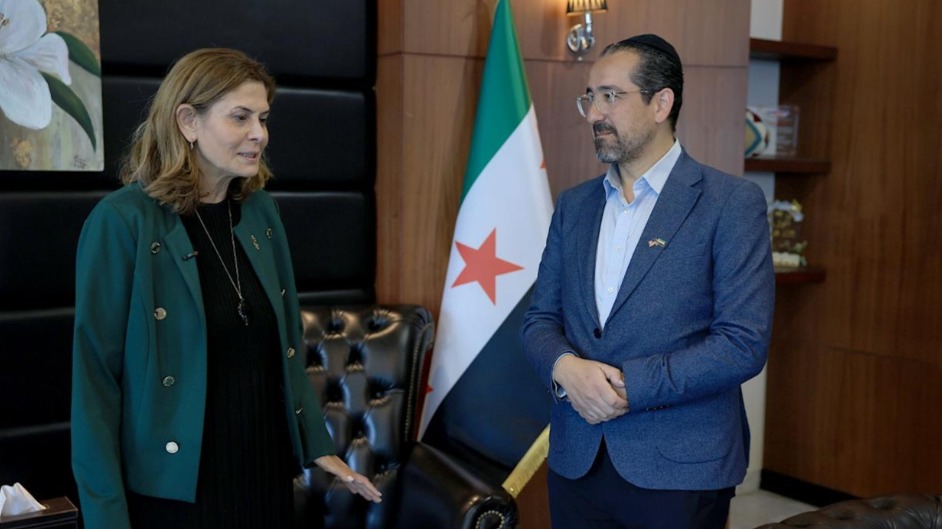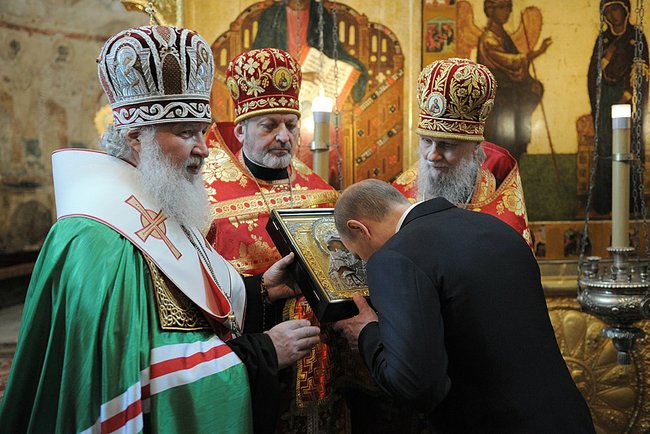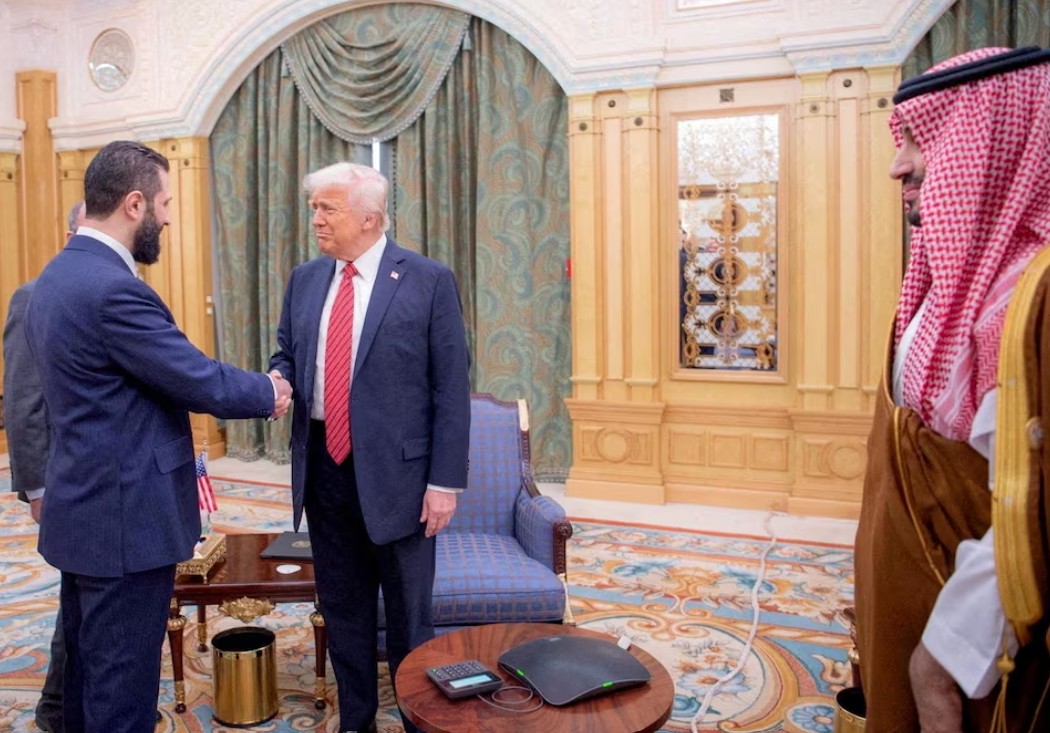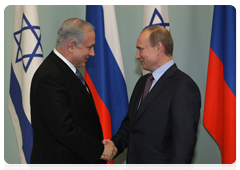Assad issued Hariri’s death sentence in 2004: Jumblatt

The Syrian regime likely decided to execute Rafik Hariri after a tense meeting between the former prime minister and Bashar Assad in August 2004, Walid Jumblatt told the Special Tribunal for Lebanon Tuesday.
“I think that when [Hariri] visited Bashar Assad on Aug. 26, 2004, the death sentence was made then,” Jumblatt told the court.
But for months after the fateful meeting, Hariri thought that diplomacy could mend his fraught relationship with Damascus.
Immediately after the assassination attempt on Marwan Hamade in October 2004, Hariri called Jumblatt from Paris. “They [the Syrians] will not do anything against anyone else in Lebanon,” Jumblatt recalled Hariri saying. “I have spoken to [French President Jacques] Chirac and he sent a very firm and harsh message to Bashar Assad.”
But after months of impasse, Jumblatt told the court that Hariri began to feel sense an “imminent danger.”
Six days before he was assassinated, Hariri told Jumblatt about his concerns. “He told me, ‘Either they will kill you or they will kill me.’”
“Everyone fears death. He was afraid,” Jumblatt added.
Jumblatt is among the highest ranking Lebanese officials to testify at the STL about the political context in the country at the time of Hariri’s assassination. While five Hezbollah members have been charged with plotting the blast that killed Hariri and 21 others, the prosecution has moved toward suggesting Syria’s involvement in the conspiracy.
Jumblatt has made no secret of his belief that the Syrian regime was responsible for a string of political assassinations in Lebanon. He previously told the court that he had evidence that the Syrian regime had killed his father, Kamal Jumblatt, in 1977, and Tuesday he made another startling revelation.
Hours after the attempted assassination of Marwan Hamade, then- Syrian Vice President Abdel-Halim Khaddam visited the wounded MP in the hospital.
After learning that Hamade had survived, Khaddam, who was on good terms with both Jumblatt and Hariri, sat down in the waiting area of the American University Medical Center. “He [Khaddam] told a story,” Jumblatt recalled. “He said ‘In the past they also tried to kill me. Rifaat Assad tried to kill me and put a car bomb on the road near my house.’” Rifaat Assad is the brother of late Syrian President Hafez Assad and the uncle of Bashar Assad.Jumblatt said he was struck that Khaddam linked the attempt on his own life, allegedly by a member of the Syrian presidential family, to the assassination attempt on Hamade. The Druze leader said he believed Khaddam was “indirectly” accusing the Syrian regime of attempting to kill Hamade.
Throughout the day, Jumblatt repeated on numerous occasions that both he and Hariri had been opposed to Security Council Resolution 1559.
The resolution, adopted in September 2004, called for Syria to completely withdraw its forces from Lebanon and for the disbandment of all militias. Political opponents have long accused Hariri of designing 1559.
“Neither Hariri nor myself had anything to do with Resolution 1559,” Jumblatt said definitively. “France and other powers were the architects of 1559 ... I, personally, and the prime minister [Hariri] had a different position. We were calling for the implementation of the Taif agreement,” he said, referring to a staged withdrawal of Syrian troops from Lebanon. “Our position was different from that of President Chirac.”
But the Syrian regime was convinced that Hariri had lobbied international leaders to support the resolution. At the August meeting between Assad and Hariri in 2004, the Syrian president made an apparent allusion to 1559 and threatened Hariri. “If Chirac wants to get me out of Lebanon, I will break Lebanon,” Assad reportedly said.
Hariri’s assassination “was the result of a direct threat form the Syrian president to Rafik Hariri” based on Assad’s belief that “Rafik Hariri was ... behind 1559,” Jumblatt told the court Tuesday.
But the most interesting aspects of Jumblatt’s testimony may still be to come. The prosecution has yet to ask Jumblatt any questions about Hariri’s murder or about the late prime minister’s relationship with Hezbollah. Thus far, questions have focused primarily on the Syrian regime and its extension in Lebanon, the so-called Lebanese-Syrian security apparatus.
Defense lawyer Vincent Courcelle-Labousse grew frustrated with the prosecution’s line of questioning. “If the prosecution wants today to try Bashar Assad and the Syrian-Lebanese security apparatus, perhaps he should have thought about that five years ago,” he said. “We cannot have a trial by default.” Prosecutor Grame Cameron insisted that his questions were pertinent to the charges against the five Hezbollah members.
Jumblatt will continue his testimony Wednesday.
From: Daily Star (Lebanon): https://www.dailystar.com.lb/News/Lebanon-News/2015/May-06/297000-assad-...










